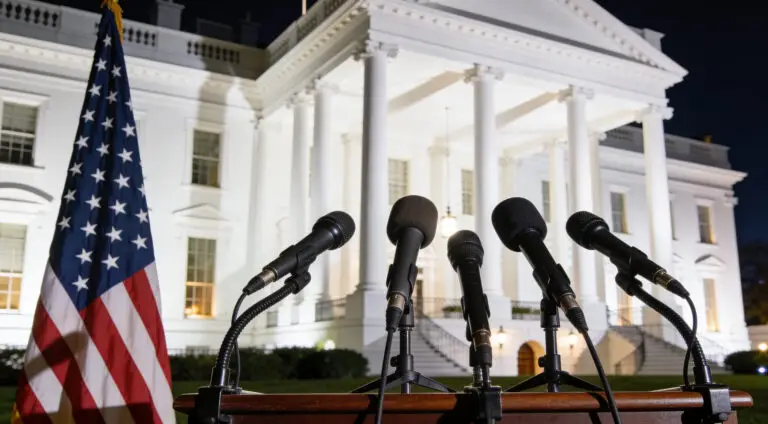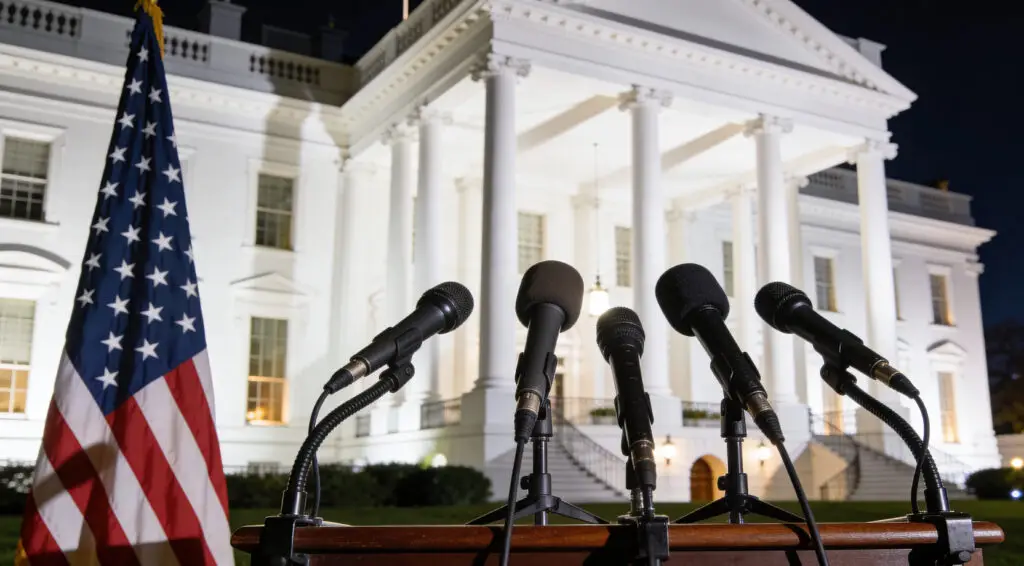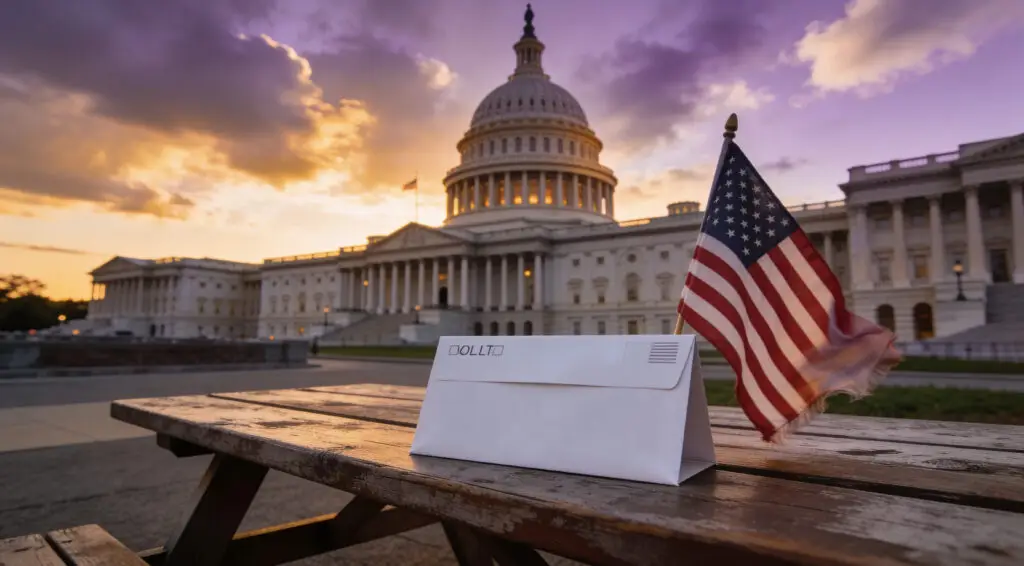OCC Leadership: Jonathan Gould Confirmed
Jonathan Gould, who previously served as the chief legal officer of blockchain infrastructure company Bitfury, has been officially confirmed as the head of the U.S. Office of the Comptroller of the Currency (OCC) following a decisive Senate vote. In a 50-45 vote in the U.S. Senate on Thursday, a majority of lawmakers approved Gould’s nomination to lead the crucial banking regulator.
This confirmation marks a significant appointment, placing an individual with deep experience in the blockchain sector at the helm of a key financial oversight body.
Gould’s Background: Crypto and Legal Expertise
Gould brings a diverse and relevant background to his new role at the OCC. In addition to his recent work at Bitfury, he is a partner at the Cleveland-based law firm Jones Day.
Notably, Gould also has prior experience within the OCC itself, having served as the senior deputy comptroller and chief counsel from 2018 to 2021. This blend of private sector blockchain experience and previous regulatory insight positions him uniquely to navigate the evolving landscape of traditional banking and digital assets.
Trump’s Picks: Reshaping US Regulators
Gould’s nomination and subsequent confirmation represent the latest in a series of appointments by U.S. President Donald Trump aimed at reshaping the leadership of crucial U.S. financial regulators since he took office in January.
The Senate has previously voted to confirm Trump’s pick to head the U.S. Securities and Exchange Commission (SEC), Paul Atkins, and is expected to soon take up a vote for Brian Quintenz to chair the Commodity Futures Trading Commission (CFTC). These confirmations signal a radical shift in the leadership and potential policy direction of these influential bodies.
Industry Interests: Catering to Crypto?
Expected to serve a five-year term at the OCC, Gould’s confirmation, along with other Trump administration appointments, indicates a significant change in the leadership of key U.S. regulators.
Many observers, both within and outside government circles, have suggested that some of the president’s selections were made with an eye towards catering to crypto industry interests, particularly following his 2024 election win. This perception, especially in the case of Paul Atkins, highlights the growing political influence and consideration of the digital asset sector in high-level appointments.
Leadership Transition at OCC and CFTC
With Jonathan Gould’s confirmation, acting OCC head Rodney E. Hood is expected to step down, facilitating a formal leadership transition at the banking regulator. While the OCC leadership is now confirmed, the landscape at the CFTC remains somewhat in flux.
As of Thursday, President Trump had not named any potential replacements for other seats expected to open up at the CFTC in the coming months, with the exception of Brian Quintenz, who is slated for the chairmanship, indicating a phased approach to regulatory appointments.
Brooks’ Precedent: Crypto and Regulatory Crossover
The appointment of Gould follows a notable precedent set by Brian Brooks, who also served as acting Comptroller of the Currency from 2020 to 2021. After his tenure in government, Brooks briefly served as the CEO of Bitfury, the same blockchain infrastructure company.
His career trajectory further includes roles as chief legal officer at Coinbase and CEO of Binance.US, and he has since joined the board of directors at MicroStrategy. Brooks’ career exemplifies the increasing crossover between high-level regulatory roles and leadership positions within the cryptocurrency industry.
Incoming Crypto Market Structure Bill
In a related and significant development, lawmakers in the Senate have set a September 30 goal to draft, introduce, and vote on a bill aimed at establishing a comprehensive market structure for digital assets. This legislation is one of the key pieces for which many in the crypto industry have been advocating, seeking clear guidelines for how digital assets are traded and regulated.
While Republicans in the House of Representatives have announced plans to move forward with their own proposed market structure bill, the Digital Asset Market Clarity (CLARITY) Act, the Senate’s efforts could potentially take precedence, shaping the future of crypto regulation.















